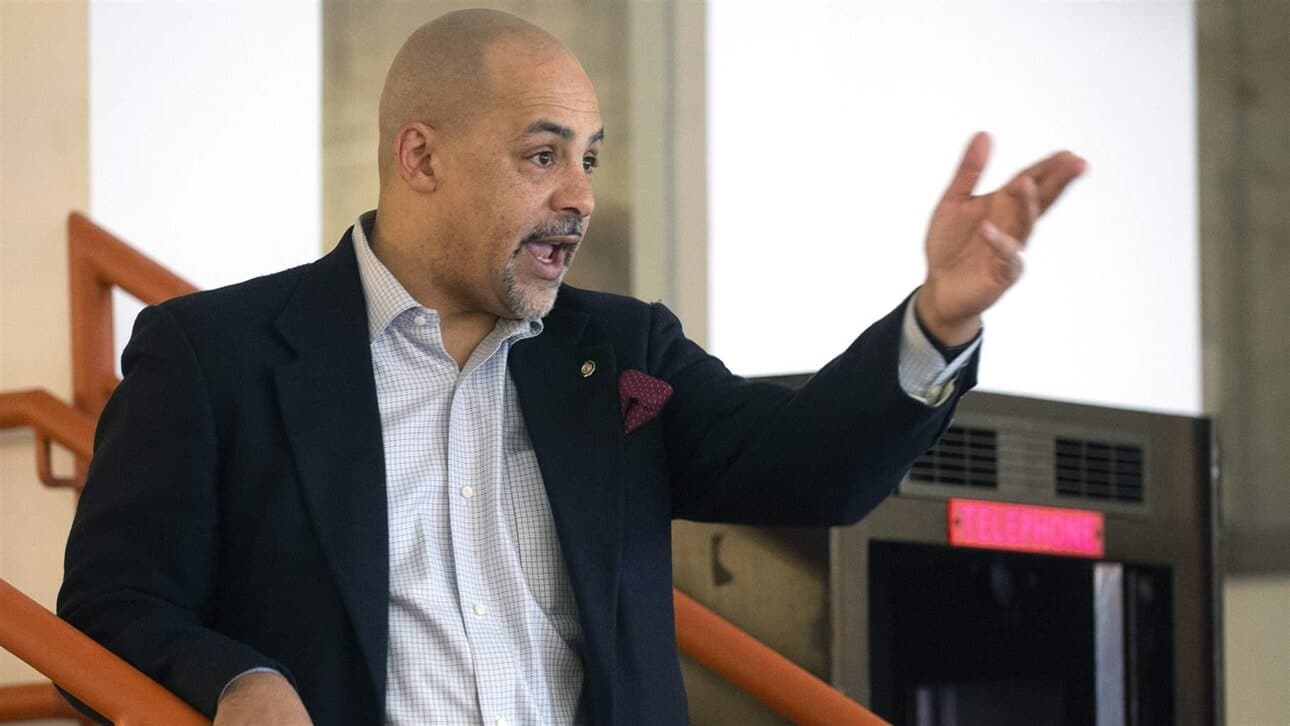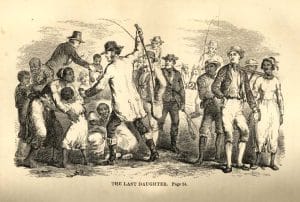Creating opportunities for people who commit crimes to apologize and make amends for their acts often leads to better outcomes and greater satisfaction for victims than incarceration and other punitive measures, practitioners of restorative justice told a panel of Pennsylvania lawmakers Tuesday.
As an alternative to criminal prosecution that focuses on reducing harm and repairing relationships between victims and offenders, restorative justice is already in use in some jurisdictions across Pennsylvania, such as Philadelphia and Lancaster counties.
Legislation introduced by state Rep. Chris Rabb (D-Philadelphia) would allow courts across the commonwealth to sentence offenders for certain crimes to participate in restorative justice programs instead of or in addition to traditional criminal penalties.
Rabb called for experts on restorative justice to testify before the House Judiciary Committee’s subcommittee on crime and corrections Tuesday to gather input on how to refine his bill before it is considered in the state House. Rabb said he hopes to have the bill before the Judiciary Committee in the near future.
For decades, lawmakers have pursued tough-on-crime strategies that focused on putting more people behind bars, Rabb said, noting that the hearing was possibly the first time restorative justice principles have been formally considered in the Pennsylvania Legislature.
“This is really about extending, expanding the toolkit, in a more humane, cost effective and efficacious manner,” Rabb said.
Practiced by cultures around the world, restorative justice offers a different perspective on addressing wrongdoing in society, Barbie Fischer, executive director of restorative encounters and restorative services director at the Delaware Center for Justice, said.
“Where the criminal legal system asks us what law has been broken, who did it and what do they deserve, restorative justice asks who’s been harmed? What are their needs? And who’s obligated to address those needs? It looks beyond the law to the people,” Fischer said.
Delaware has passed legislation that requires misdemeanor and felony crimes to be considered for alternative dispute resolution, another name for restorative justice.
READ: Philadelphia Reduces School-based Arrests by 91% Since 2013
“I have the honor and privilege of sitting with victims like myself, and also those who have committed crime, in processes to develop what they think the resolution should be, and the courts honor it,” Fischer said.
More than 1,000 cases are diverted from the criminal justice system each year in Delaware through alternative dispute resolution, she said.
Dr. Donna Lawrence Jones, executive director of the Metropolitan Christian Council of Philadelphia, said her organization’s work with the Philadelphia district attorney’s office suggests that people who choose to participate in restorative justice are less likely to be arrested in the future.
Jones said the council had already trained 25 community members to serve as restorative responders when the district attorney’s office reached out for assistance resolving a flood of cases related to the civil unrest after the May 2020 murder of George Floyd in Minneapolis.
Among more than 200 cases, only 19% of offenders were rearrested within three years, compared to 56% in the traditional criminal justice system, according to data from the district attorney’s office, Jones said.
Matthew Kleiman, executive director of the Pennsylvania Commission on Sentencing, said offenders who agreed to participate in the restorative response program were mostly charged with property crimes, such as burglary. They were required to complete education sessions and job training programs and participate in restorative justice circles, in which victims and perpetrators discussed the impact of the crimes.
Jodi Dodd, a restorative justice expert at the Philadelphia district attorney’s office, said the program began as a way to minimize the contact that youthful offenders have with the criminal justice system. Among the youth who have entered the program, each has completed it and none have had any additional contact with law enforcement.
The district attorney’s office has also been developing a diversion program for adult cases in situations where a public defender says their client wants to take responsibility for a crime or a complaining witness would prefer to avoid a trial.
READ: Philadelphia Mayor Might Consider These Lessons from New York City Before Expanding Stop-and-Frisk
“No case goes to restorative justice unless the person who caused the harm is willing to take responsibility, that’s the baseline,” Dodd said.
In response to a question about gun violence and restorative justice from Rep. Jim Rigby (R-Cambria), the ranking Republican subcommittee member, Dodd clarified that no gun crimes or homicide cases are eligible for the programs. Aggravated assault cases are among the felonies admitted, but those most often involve a fistfight. Other felonies typically include property crimes where the damage exceeds $500, Dodd said.
Kleiman said that as the Legislature considers whether to implement restorative justice on a statewide level, lawmakers need to consider a number of elements essential to make it a viable sentencing alternative.
They include whether it should be limited to nonviolent crimes and what degree of prior criminal history is permissible, how long a person should be required to participate, what agency will supervise participants, the consequences of failing to complete a program, how the programs will be accredited, and how their efficacy will be measured, Kleiman said.
Pennsylvania Capital-Star is part of States Newsroom, a network of news bureaus supported by grants and a coalition of donors as a 501c(3) public charity. Pennsylvania Capital-Star maintains editorial independence. Contact Editor John Micek for questions: info@penncapital-star.com. Follow Pennsylvania Capital-Star on Facebook and Twitter.






